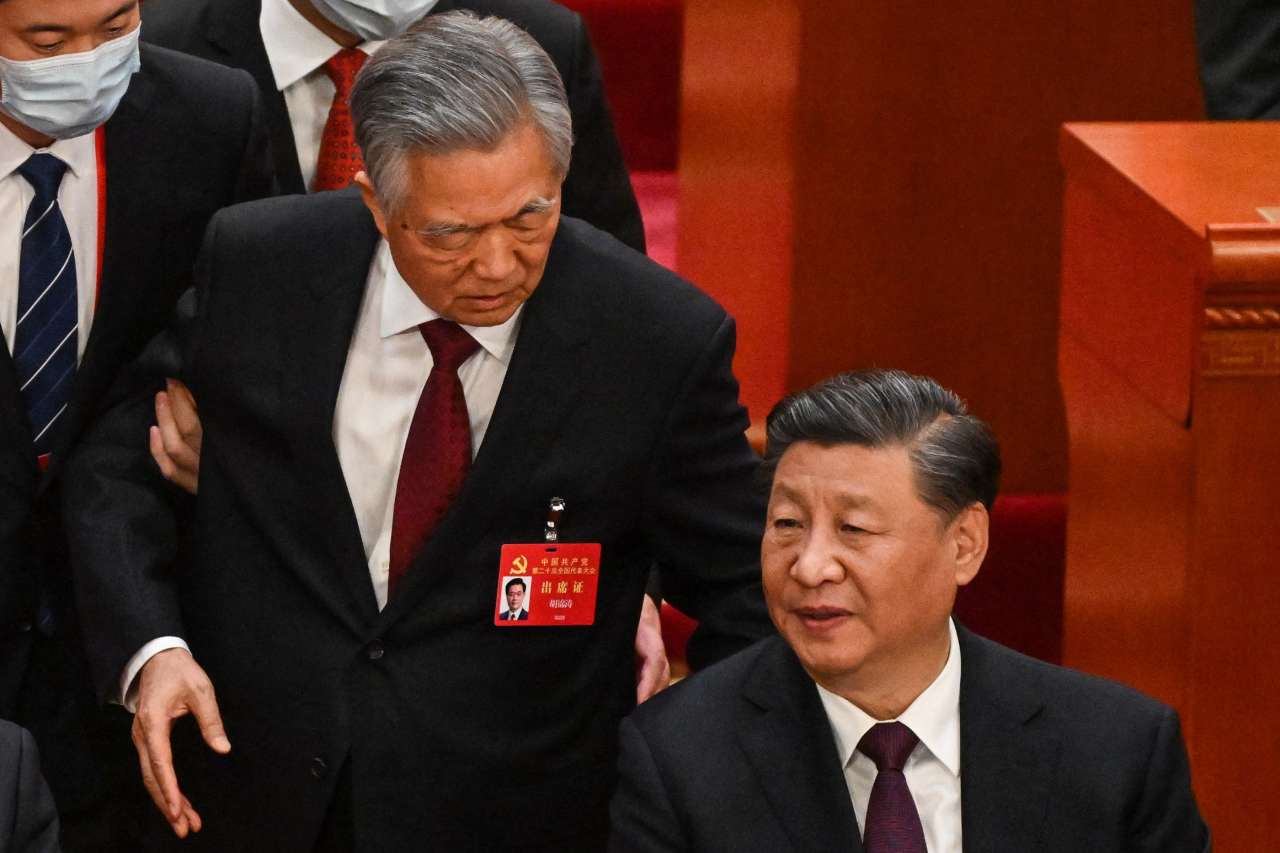The Foresight and Innovation Foundation led by former Prime Minister Jean-Pierre Raffarin, known for being close to the current Chinese power, has just presented this analysis at the end of the recent Communist Party congress and the reappointment of President Xi Jinping.
—–
The XX Congress of the Communist Party of China, held from 16 to 22 October, attracted the full attention of much of the planet, analysts and commentators from all over.
After the statutes revised at the previous Congress in 2017, there was no doubt that Secretary General XI Jinping would be reconfirmed for another five years, the extent of his hold on the Party remained under discussion. After the introduction in the statutes in 2017 of a reference to XI Jinping’s ideas on “socialism with Chinese characteristics for a new era”, will a new step be taken to strengthen XI Jinping’s post?
From the end of the Mao era a certain pluralism had been maintained and even codified, with collegiality in discussion and personalities from different backgrounds within the permanent Political Bureau. Would it be the same in the new political office of the Central Committee? What new Prime Minister would succeed LI Keqiang whose departure was planned but without leaving the political scene?
These questions received a clear answer with the recognition of XI Jinping in the party statutes as a “Leader”, a Central Committee and a Permanent Political Bureau dominated by the relatives of the Secretary General, the non-renewal of LI Keqiang, HU Chunhua, WANG Yang in the high Party authorities and the episode of the exit accompanied by HU Jintao from the congress hall.
Does this foreshadow limited internal debates that will damage reflection on the policies to be implemented, while times are troubled and require a certain agility?
Other questions are still unanswered and the attitudes adopted in Congress do not shed much light on what follows.
Will China be able to quickly get out of the zero-Covid policy with the large-scale and repeated inmates that have been going on for two years and disrupting the Chinese and world economies? If this is the case, it will cause a rapid recovery of the Chinese economy and allow it to once again stabilize at an annual growth rate of around 5%, which is necessary for China to reach the level of developed middle-income countries by 2025. , a goal mentioned in the opening address of the Secretary General.
XI Jinping recalled, at the beginning and at the end of the Congress, that economic development remains a priority. However, questions arise.
The market economy, even partial, with its corollaries of openness and reform, the engine of the take-off of the last forty years, will be sacrificed to ideology, to the precepts of strengthened sovereignty and shared prosperity that give the place of honor to commanders and contortions of the rules of the world.
China is not its prerogative but, for it, the issue is vital in the Sino-American rivalry and in responding to Washington’s decoupling policy. Economic development is the condition for China to realize its ambition to be at the forefront of the powers by 2049.


